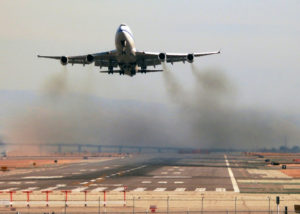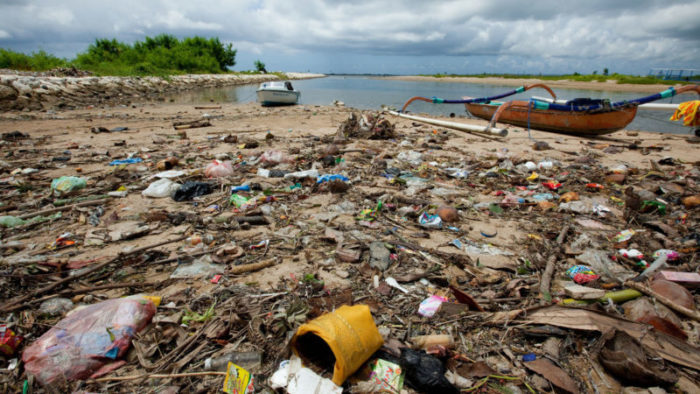Tragic News About Flying
Three recent headlines on flying, all tragic:
- Boeing sees $8 trillion jet market as climate reshapes travel
- Airbus Predicts Asia to Lead Air Traffic Boom in Coming Decades
- Will travelling by plane ever be carbon neutral? Researchers have their doubts
You don’t need to read the articles. The headlines tell you all you need to know, especially when you know that when a headline asks a question, the answer is no. In this case, the third article recounts research clarifying that flying will never be carbon neutral.
My comments, responding to that question:
Not only is there no sign it will be carbon neutral, its greatest problems are beyond carbon. What cars have done to cities, planes do to nations. They tear communities and families apart, pollute in many more ways than just carbon, they addict and impoverish. They homogenize culture on the global scale. They augment the gap between the haves and have-nots, increasing the number of have-nots.

Like people addicted to gambling, video games, or heroin, we think of the high we get in that euphoric jolt they deliver, but not the low they give the rest of life. We think of the flight that brings us to a distant relative, but not the flight that takes us away or, more importantly, the culture that leads us to live flying distance away from people and communities we care about. We think of a flight that enables us to keep our jobs, but not the system that forces businesses everywhere to compete with businesses everywhere else in ways that don’t benefit the consumer. As you read these words, there are businesspeople flying from LA to NYC to sell them things and people flying from NYC to LA to sell the same things, or similar patterns. They could have just gone across town instead of across the country.
People used to have to put effort in to travel. As a result, the few times people traveled far, they reached places they knew little about. They learned about new cultures from seeing them, about their own culture from seeing it from the outside, and themselves from challenging themselves. Now they go to the airport, get zipped to another airport, and experience a mostly catered experience of something they mostly already knew. What most people call trips of a lifetime, they have multiple times a year, suggesting they don’t know what they’re missing, which happens when everything is just handed to you.
Planes augment the gap between haves and have-nots. Since flying is still too expensive for most people, something like 80 percent of people have never flown. But people who fly a lot think most have flown, so they feel entitled. Many of them think more people should fly, leading themselves to fly more, creating an accelerating feedback loop: they think they’re helping the people (and wildlife) they hurt and they think the cause of the problem solves it. People fly to the Amazon and Great Barrier Reef to save the people, cultures, and wildlife there, in the process killing those people, cultures, and wildlife.
They teach people not to appreciate where they are. As a result, we allow our local environments to degrade, figuring we’ll escape them to Bali or wherever, and to accept the place we escape to, to become wrecked since we don’t live there anyway. Incidentally, here’s Bali these days, though I could have picked any other place once a paradise on Earth or cultural destination:

I’m not saying there’s no place for flying, but only very tiny amounts, like there are healthy uses for opiates, for example in surgery. We use flying like Skid Row residents use heroin: we enjoy short bursts of predictable euphoria while we wreck our health, culture, and environment thinking that because everyone around us is doing it, it’s normal or healthy.
Not being carbon neutral barely scratches the surface.
Read my weekly newsletter

On initiative, leadership, the environment, and burpees